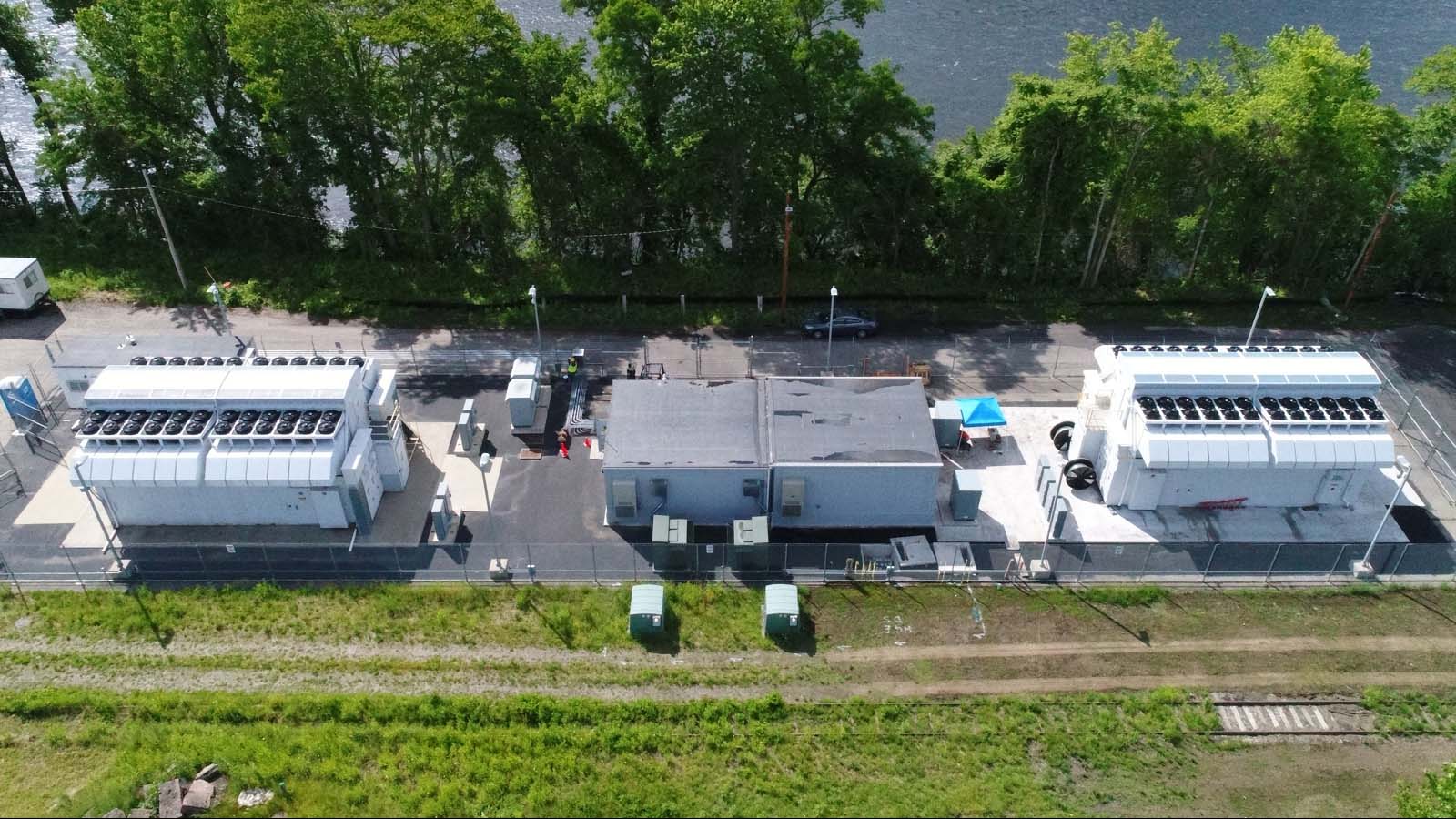

The Lincoln Laboratory Supercomputing Center (LLSC) staff are advancing the capabilities of our supercomputing system by developing new technologies to improve the system's performance. The center provides interactive, on-demand parallel computing that allows researchers from across the Laboratory to augment the processing power of their desktop systems in order to process large sets of sensor data, create high-fidelity simulations, and develop new algorithms. We are also collaborating with researchers from MIT on several supercomputing initiatives.
Recently, it was announced that MIT Lincoln Laboratory has unveiled TX-GAIN, the most powerful AI supercomputer at any U.S. university. Housed at the Lincoln Laboratory Supercomputing Center (LLSC) in Holyoke, Massachusetts, TX-GAIN is optimized for generative AI, with a peak performance of two AI exaflops—two quintillion operations per second. It features over 600 NVIDIA GPU accelerators and supports a wide range of research areas, including biodefense, materials discovery, cybersecurity, and autonomous systems.